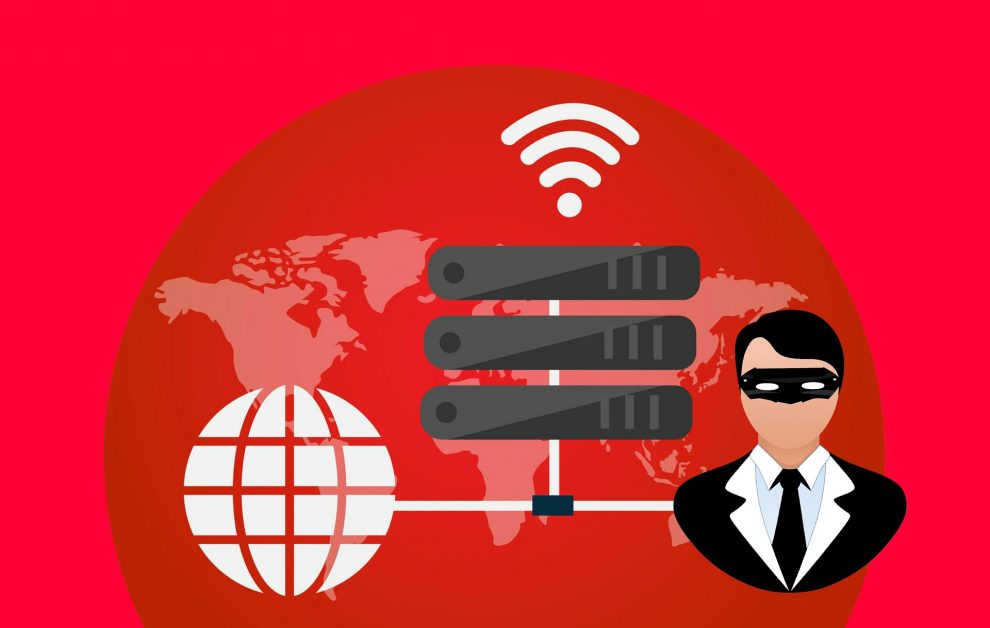The Internet has grown to be an integral part of our lives. Whether we are working, playing games, or watching movies, the World Wide Web is always there for us. However, with all of this convenience comes a whole slew of risks and dangers that can compromise your security. If you do not take proper precautions in protecting yourself on the internet, you could end up paying dearly for it later down the line.
Internet security is increasingly essential. With the rise of Internet scams, data theft and identity theft, it is important to protect yourself while surfing the web. If you are not well protected, you could be a victim of any of these crimes without even knowing it. However, there are ways to secure yourself while browsing the web. This article presents several tips for safe Internet use that will safeguard your information while you are online.
1) Choose strong passwords
When selecting strong passwords, you should never use easy words or phrases that anyone can easily guess. You should never type sensitive information like usernames or passwords, so if they are compromised, at least there will be no evidence for others to see. Another option is to use strong password managers like RoboForm and LastPass, which allow you to create strong passwords and keep them safe for you.
2) Keep your software up to date
If programs like Java or Flash are out of date, they can leave your system open to any number of viruses and malware that take advantage of these vulnerabilities to access your computer. Also, if there are unpatched security holes caused by applications running on the network, this could also pose a threat to other people using the same network. Update all software regularly to make sure your information is protected.
3) Use secure connections when surfing the net
When you send sensitive information over the Internet, make sure it is sent through one. Websites that have secure https: // connections are encrypted and much more secure. Although these secure HTTPS connections can be a bit more difficult to access, they will keep your information safe from hackers or prying eyes. If you want to know if an email is secure before sending it, check that https: // appears in the address bar in front of the website name.
4) Avoid suspicious links and ads online
When browsing the net, you should be careful when clicking on links and advertisements provided by unknown sources. These links could try to direct you to a malicious site used for data and identity theft through phishing schemes and other means. Never click on suspicious ads or spam messages. It’s also important to never download attachments from people you don’t know and to be careful when opening secure attachments from people you do know.
5) Back up your data frequently
If your computer is stolen or damaged, it would be unfortunate to lose all the information you had on your hard drive. To avoid this kind of scenario, you should back up your files frequently and store them somewhere safe like an external hard drive or a cloud storage service like Dropbox or Google Drive. This way, even if disaster strikes and your computer crashes, all important data will still be safe and secure elsewhere.
6) Be careful when browsing illegal streaming sites
If you often use free sites like Popcorn Time and Kodi to stream movies and TV shows for free, do not do this on your computers at work or school. This is illegal and you put your system at risk by doing so. There may be malware trackers on these sites, which can compromise secure information such as usernames and passwords for secure online accounts such as bank accounts and email services.
7) Keep a clean machine
If possible, use a different computer for secure activities, such as financial transactions or sending emails to important contacts. You should also keep your antivirus software up-to-date so that no threat lurks in the dark corners of cyberspace and can compromise your secure data. Also, you should never download pirated software as it is sure to contain malware that could damage secure information or steal personal information from your computer.
8) Update secure software
If you use secure applications on your computer, make sure they are always up to date. Just as secure vpn software for pc is much sought after, it is indispensable in this case. Many companies release regular updates that protect against any potential security holes in secure software. Without these updates, your secure information could be compromised by hackers who could discover a way to enter the secure network through vulnerabilities in software.
9) Beware of phishing emails
Phishing emails are common and appear very convincing with accurate spelling and grammar, as well as legitimate-looking logos and links to official websites. However, most of them contain malware or direct you to bogus websites used for identity theft and data breach scams, so please do not click on suspicious attachments or links and delete the email if possible. For more information on how to detect phishing emails, check out this helpful site.
10) Use secure messaging tools
If you use secure messaging applications on your phone or computer, do not share secure data with anyone other than the intended recipient. Hackers could attempt to impersonate other secure contacts in order to access secure information without the original sender knowing. This is why it is important to verify who you are actually talking to before submitting anything sensitive.
Follow Techrado for more!





